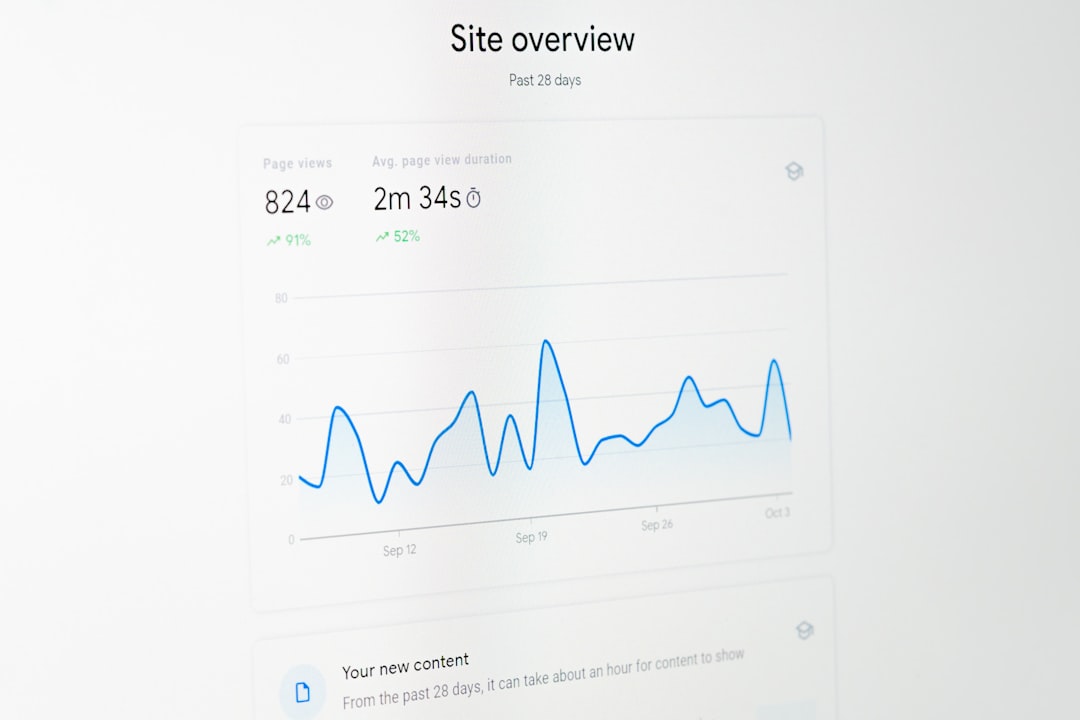In today’s digitally driven world, businesses require fast, reliable, and secure hosting solutions to maintain a competitive edge. While there are various types of hosting options—shared, VPS, cloud, and dedicated servers—managed dedicated server hosting stands out for organizations seeking optimal control without the hassle of server management. This approach combines the power of dedicated hardware with skilled administration and maintenance, letting businesses focus on what they do best.
Here are six key benefits of choosing managed dedicated server hosting:
Contents
1. Enhanced Performance and Reliability
With managed dedicated hosting, the server’s entire resources are allocated exclusively to a single client. Unlike shared hosting environments, there’s no risk of neighboring websites draining bandwidth or uptime. This results in superior performance, faster load times, and a more dependable user experience.

This is especially beneficial for high-traffic websites and applications that require a consistently high level of performance.
2. Professional Server Management
One of the most significant advantages of managed hosting is that it comes with a team of technical experts who handle all aspects of server management. This includes:
- Software and hardware updates
- Security patches
- Server monitoring
- Performance tuning
Businesses save time and resources while still enjoying top-tier hosting benefits—all without needing in-house technical staff.
3. Improved Security
Data breaches are a growing concern across industries. Managed dedicated servers offer stronger protection through custom firewalls, regular software updates, malware scanning, and intrusion detection systems. With dedicated IP addresses and isolated environments, there’s significantly less risk of attacks compared to shared servers.

Additionally, the technical team often provides 24/7 monitoring, enabling quick detection and response to any suspicious activity or vulnerabilities.
4. Scalable Resources
As businesses grow, so do their online demands. Managed dedicated servers can be easily upgraded with additional RAM, storage, and bandwidth to accommodate increased traffic and larger databases. Hosting providers typically offer flexible scaling options to ensure smooth transitions as requirements evolve.
This scalability ensures that businesses never experience downtime or bottle-necking due to outgrowing their hosting plan.
5. Full Customization and Control
Managed dedicated hosting gives clients administrative access and root-level control over their servers. This allows for:
- Customized software installations
- System configurations aligned with specific needs
- Dedicated IP setups
Even better, all of this control comes with expert support, ensuring changes are implemented correctly and securely.
6. Cost Efficiency and Time Savings
Although managed dedicated hosting may have a higher upfront cost compared to other hosting options, it often proves more cost-effective in the long term. Businesses save on in-house staffing costs, costly downtime, and potential data losses by having experts managing the server environment.
It also frees up internal resources, allowing teams to concentrate on business development, customer service, and innovation instead of IT maintenance.
In summary, managed dedicated server hosting is an excellent choice for businesses that value performance, security, and flexibility. With the right provider, companies can experience enterprise-level hosting capabilities while offloading crucial but time-consuming technical operations.
Frequently Asked Questions (FAQ)
1. What is the difference between managed and unmanaged dedicated hosting?
Managed hosting includes support and administrative services provided by the hosting company, whereas unmanaged hosting requires the client to handle all technical aspects like server updates, security, and monitoring.
2. Is managed dedicated hosting suitable for small businesses?
Absolutely. It offers the performance and security that many small businesses need as they scale, without requiring a full-time IT team.
3. Can I still access and configure my server with a managed plan?
Yes, most providers offer root or administrative access even with managed plans, giving you full control over configurations.
4. Are managed dedicated servers secure?
Yes, they offer enhanced security through firewalls, intrusion detection, and regular updates handled by professionals. This helps protect data and mitigate potential threats.
5. How does scalability work in managed dedicated hosting?
Most hosting providers let you upgrade server specs like RAM, CPU, and storage as your business grows, ensuring your site or applications remain responsive and reliable.

